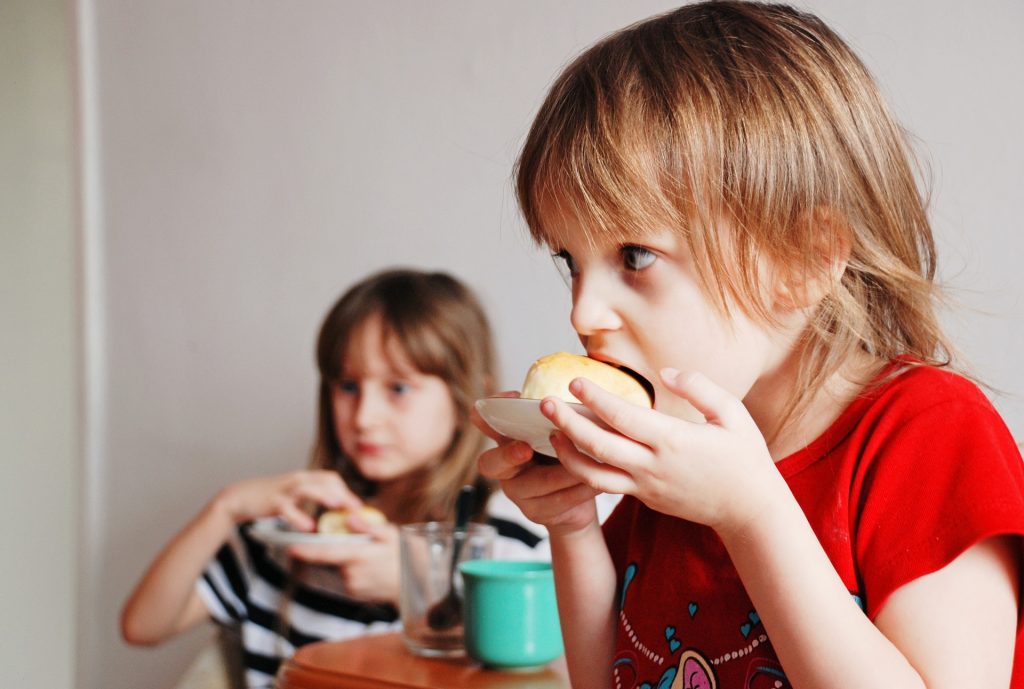Study finds boredom eating starts in kids as young as four
Children as young as four eat more when they’re bored, according to new research.
A new study has shown that young children eat 79 per cent more calories when they are bored, compared to when they are in a neutral mood.
Researchers from Aston University in Birmingham asked 119 parents about the feeding practices that they used with their child and about their child’s temperament.
Children aged four and five took part in a series of everyday scenarios where their mood was assessed – one of which was boring.
They were given a standard meal and asked to indicate when they were full.
Analysis revealed children who were feeling bored ate an extra 94 calories when they were already full, compared to children in a neutral mood who ate just 53 calories extra.
They also discovered that if parents reported using food to soothe their child’s emotions often, and if their child was highly emotional, the child ate five times more calories when feeling bored.
Dr Rebecca Stone, who led the research, said: ‘If children are eating this many more calories during one instance of boredom induced in a laboratory (a four-minute period), given that boredom is a commonly experienced emotion in children, the potential for excess calorie intake in response to being bored across one day, one week, or one year, is potentially very significant in a food abundant environment.’
She said the experience of boredom is important in the development of a child’s sense of self and creativity, and does not recommend that children could or should avoid being bored.
Instead, she suggests that children need to learn to experience boredom without turning to food and that parents could try to divert their child’s attention away from food when feeling bored.









